Grease traps are an essential component of commercial kitchens and prevent the cooking fat from getting into the drainage system causing a blockage. If you don’t have one in your restaurant kitchen, there is a high chance of sewer blockage. They work to separate FOG fats, oils, and grease from water effectively and prevent them from entering the sewer system. The equipment holds hot and greasy water, providing it adequate time to cool.
Installing the interceptor is taking a step toward making commercial kitchens sustainable and resulting in worry-free operations. But if you already have one installed in your facility, make sure that they are emptied once in a while. Do you think cleaning a grease trap is too expensive? Well, it does not have to be too expensive after all. If you are wondering how, here is how you can keep the FOG interceptor clean without spending too much.
- Proper installation of grease interceptor
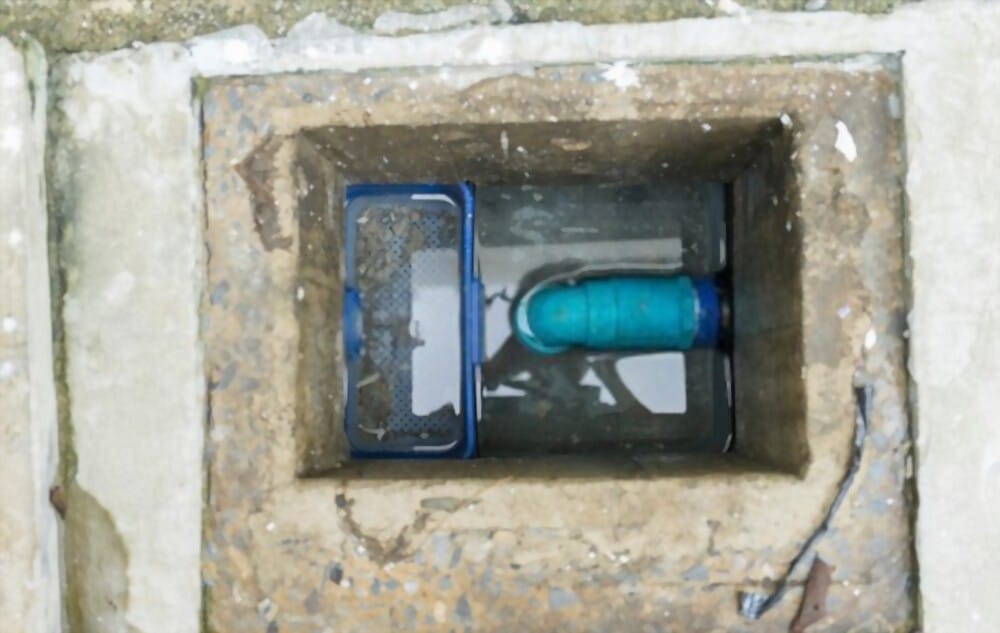
It is not just cleaning and maintenance that you need to worry about when keeping the sewer system of your commercial kitchen clean. Whether the trap installed has come of age and needs replacement or you need to install new equipment, it is necessary to rely on a licensed company to ensure that the installation is perfect. Start exploring grease traps for commercial kitchens and appoint experts for installation. Correct installation of the equipment is the key to good maintenance and keeping your commercial kitchen clean and hygienic. As long as your eatery or café serves food that leaves FOG as a by-product, you need to invest in a grease trap and ensure that it is installed correctly. Only professional companies can install the equipment correctly and prevent you from scheduling the cleaning more frequently and spending money uselessly. Moreover, correctly installed equipment is deemed to function more efficiently.
- Installing strainers
To keep the interceptor clean, make sure that you keep the foreign food substances out of it. That is why it is necessary to install strainers to capture everything from dish rags to solid food pieces. Suppose those objects make it through the trap into the plumbing system; you will end up spending a huge amount to clear the blockage in the plumbing.
- Do not dump grease into the drain directly
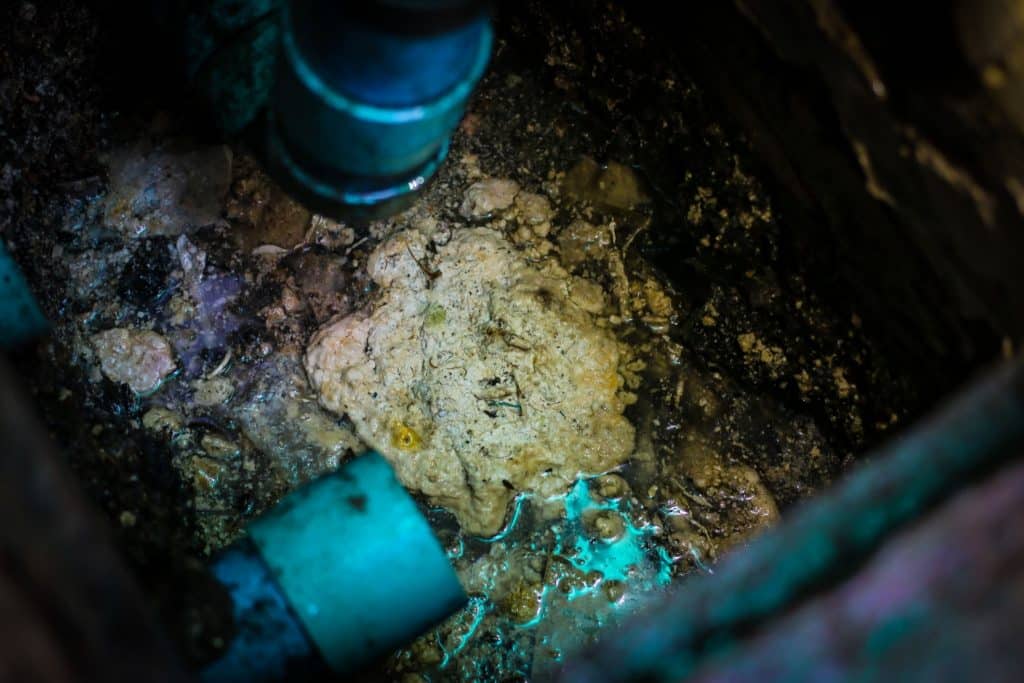
Although the grease trap deals with the FOG, you need not dump those substances directly into the drain. The lesser the amount of grease getting into the trap, the fewer opportunity for cleaning. It will reduce the cost of maintenance besides the hassle of cleaning. Apart from this, grease traps have a longer life span when they undergo less cleaning and maintenance. Pour the grease into metal containers instead to keep the equipment clean.
- Free cleaning inspection
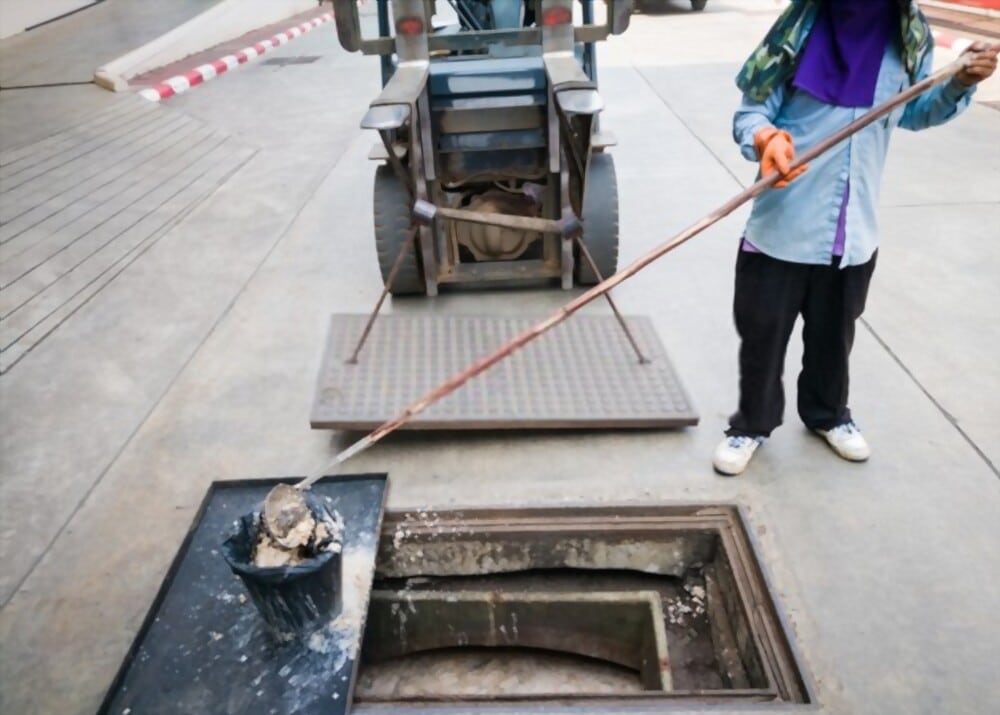
When searching for grease trap cleaning near me in Ireland, ask Greaseco for a free inspection of the equipment. Only professionals can tell you whether the equipment has been installed correctly and how often it should be cleaned based on size and usage. They will provide you with a prize chart for routine cleaning. Connect with experienced cleaning services to get efficient cleaning service while complying with environment-friendly regulations.
- Work with a professional cleaning service
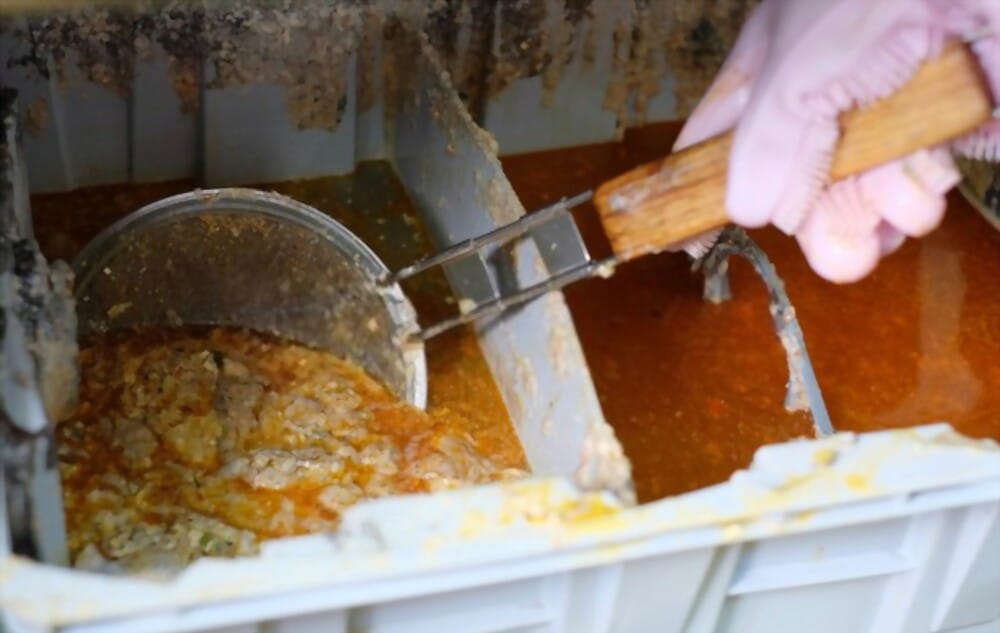
Not every company is competent to clean the grease trap. The work is extremely messy and hazardous. Relying on a professional team for cleaning the grease trap regularly is better than the DIY option which may easily damage the system or cause injuries to employees.
- Reusing and less frying
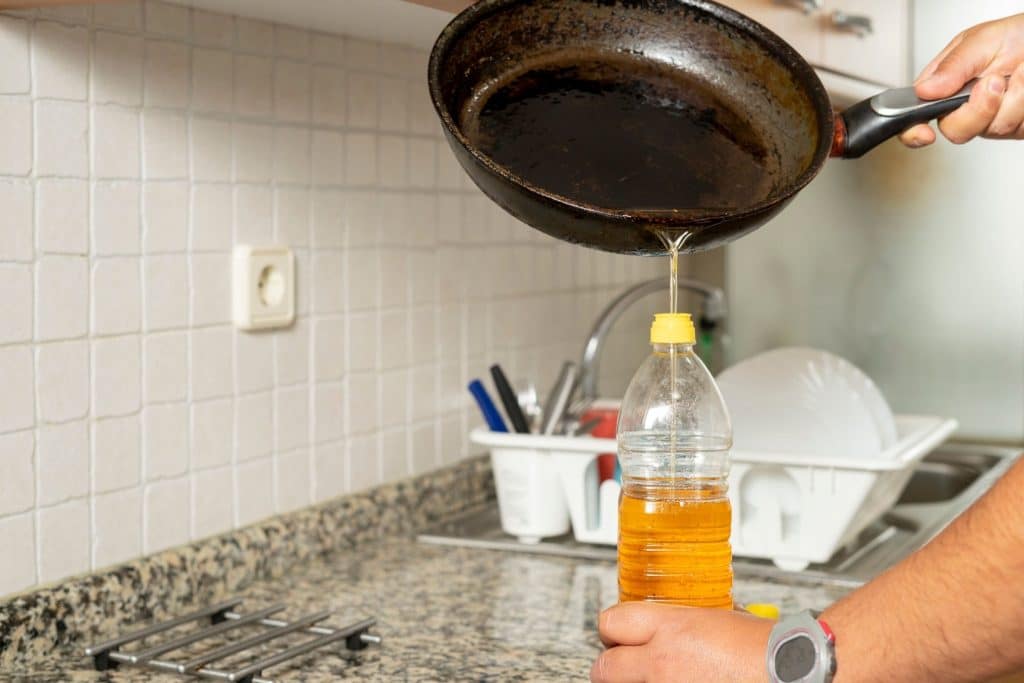
Do you use new and fresh oil every time in your commercial kitchen? Well, it may mean that you will need to drain more oil or call a grease trap cleaning service more often. Why don’t you reuse the oil from your kitchen? The lesser fat and grease you dispose of, fewer the chance of it getting through the interceptor and less money to be spent on cleaning and maintenance.
- Wipe the dishes
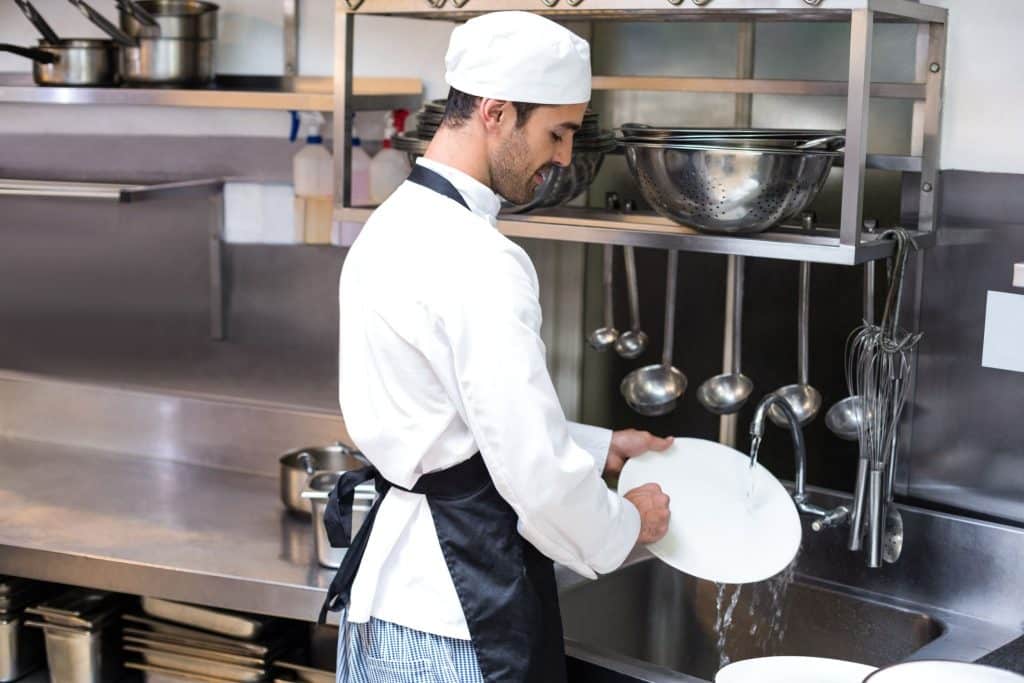
Before putting the dishes in the sink for washing, you must wipe the grease and scrape off the food remnants to reduce the amount of grease going down the trap. That way you can maintain the interceptor without going into cleaning more frequently.
Preventive maintenance is necessary to eliminate the cost of plumbing emergencies occurring in your business. Without regular cleaning in one to three months, the grease trap interceptor may fill up with oils, grease, and food solids. Lack of regular cleaning may lead to costly clean-ups and shut down by the city authorities. Grease traps are known to reduce about 80% of FOG from entering the sewer system. If you are all set to get rid of the awful mess and smell in your commercial kitchen, be ready to keep the grease trap clean.